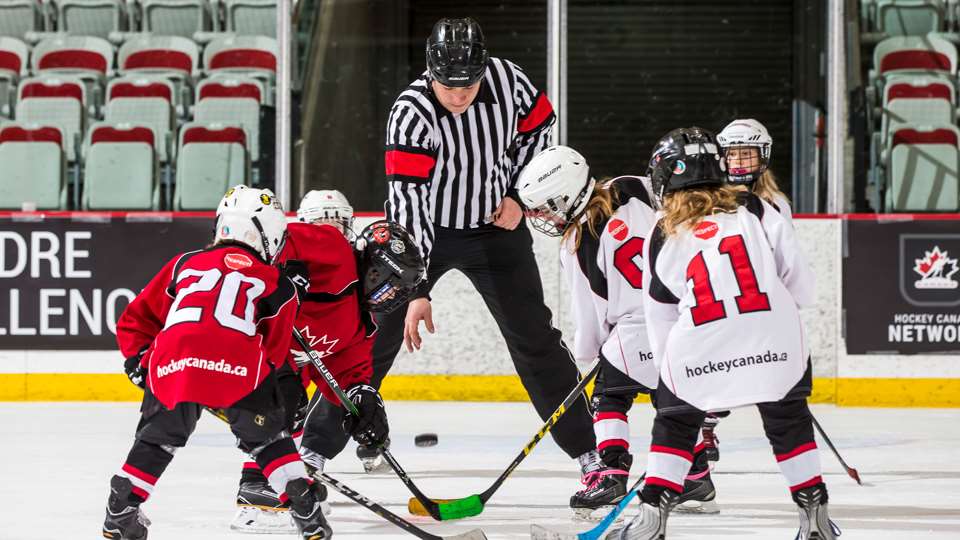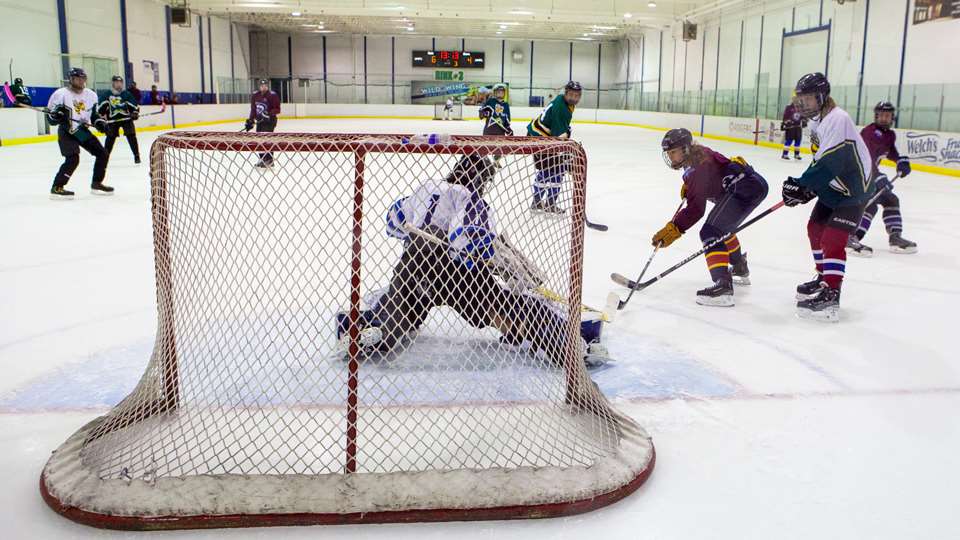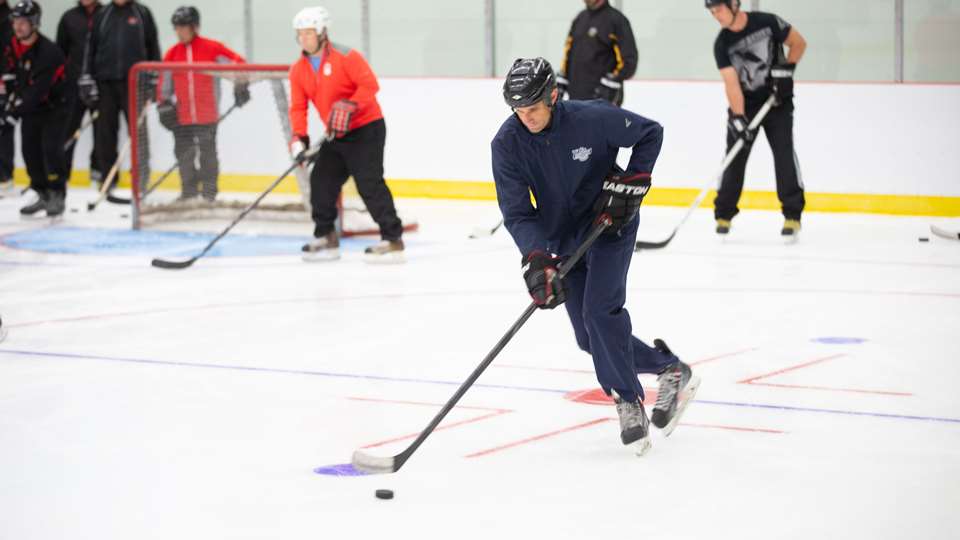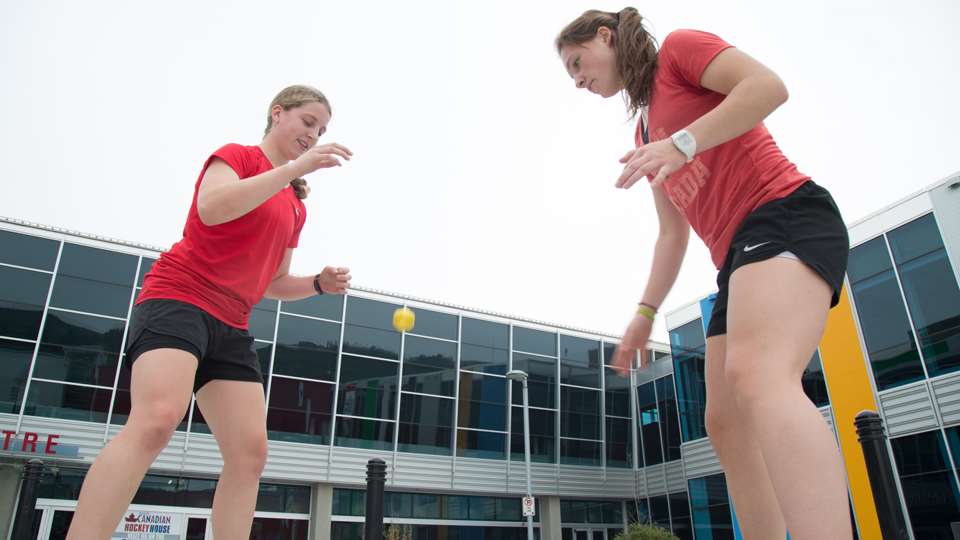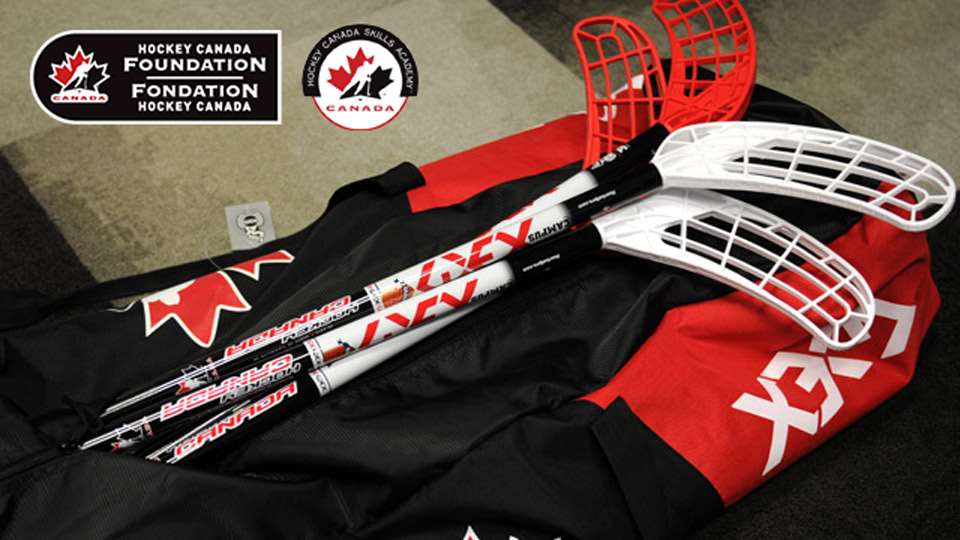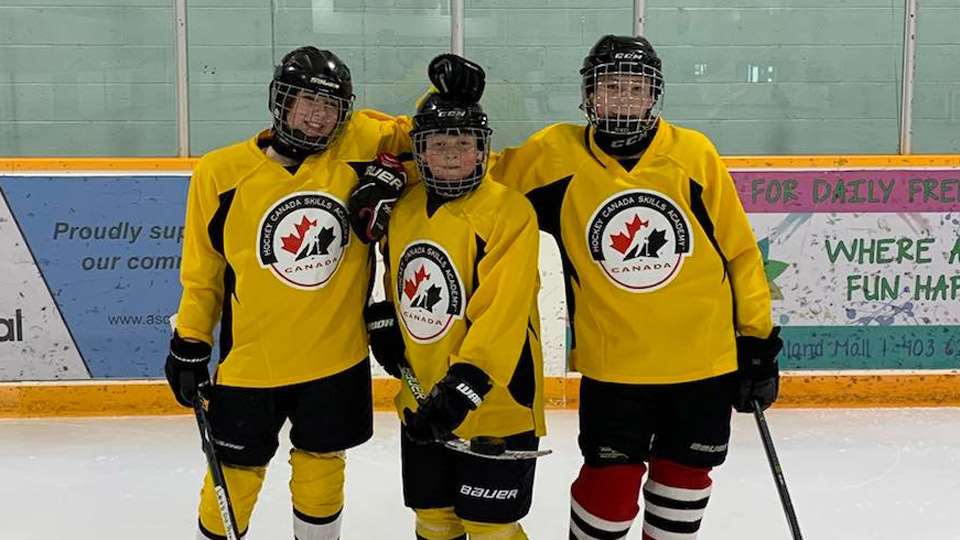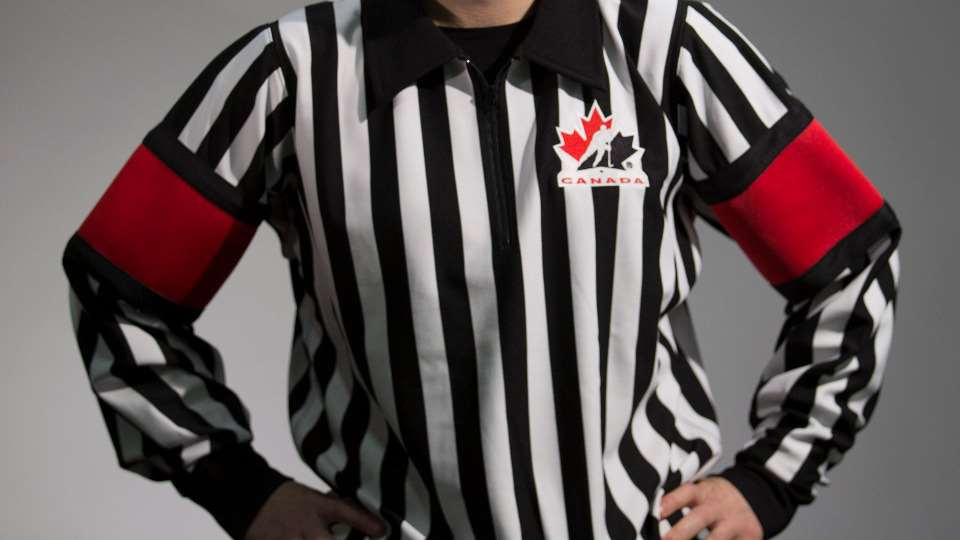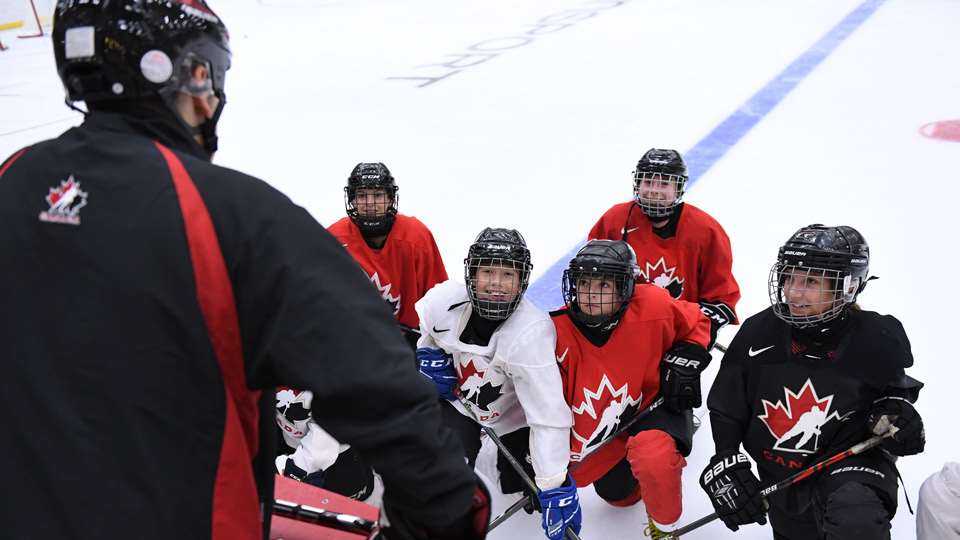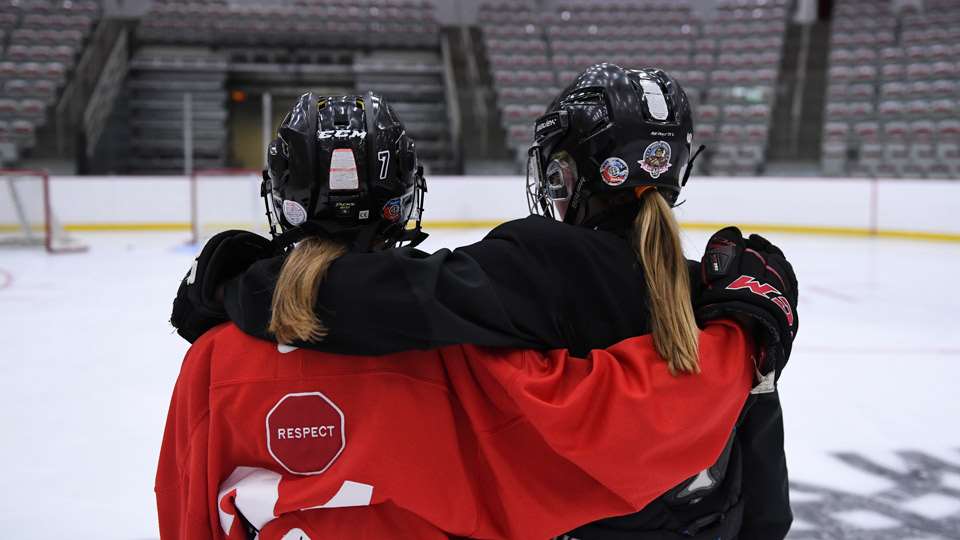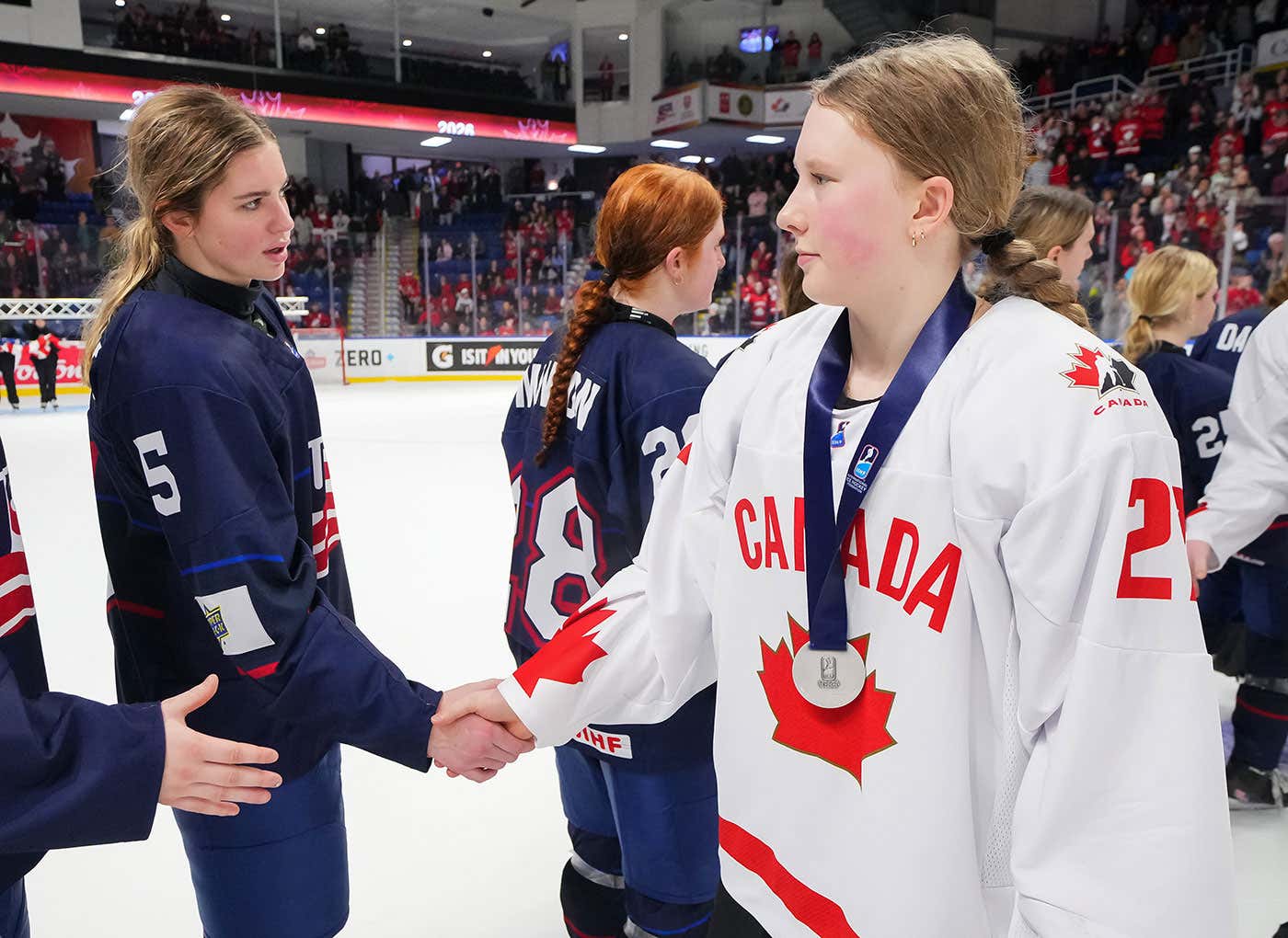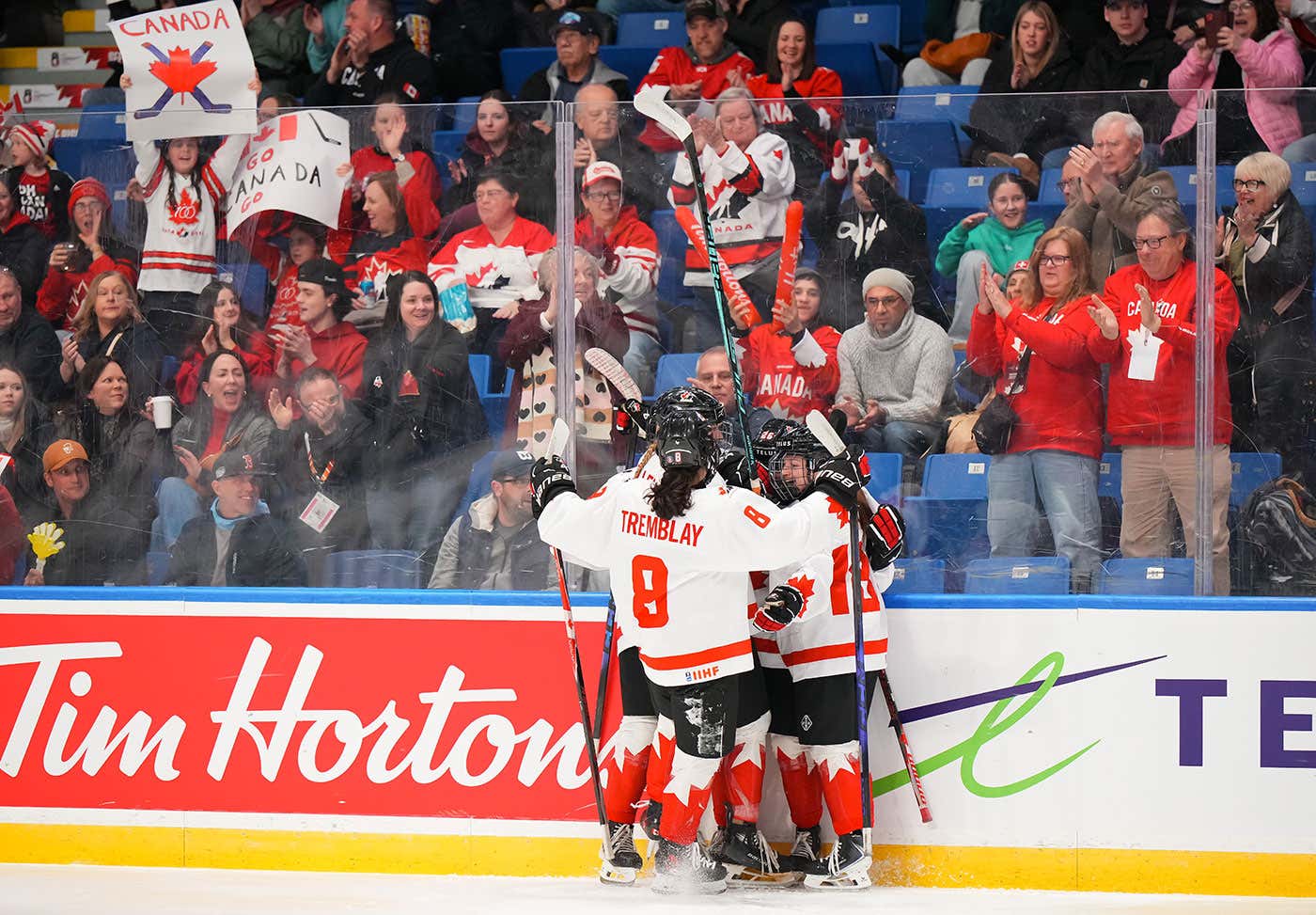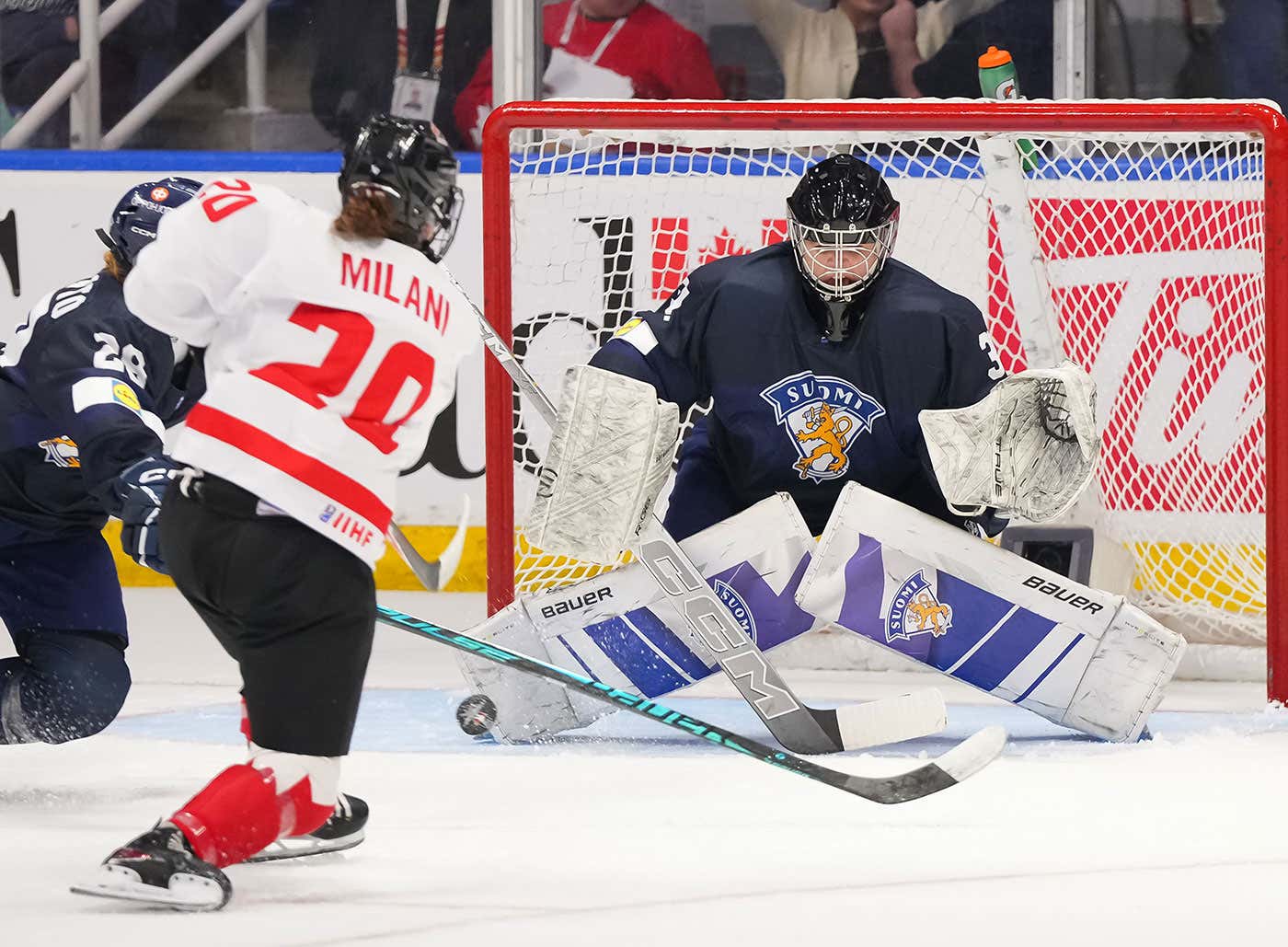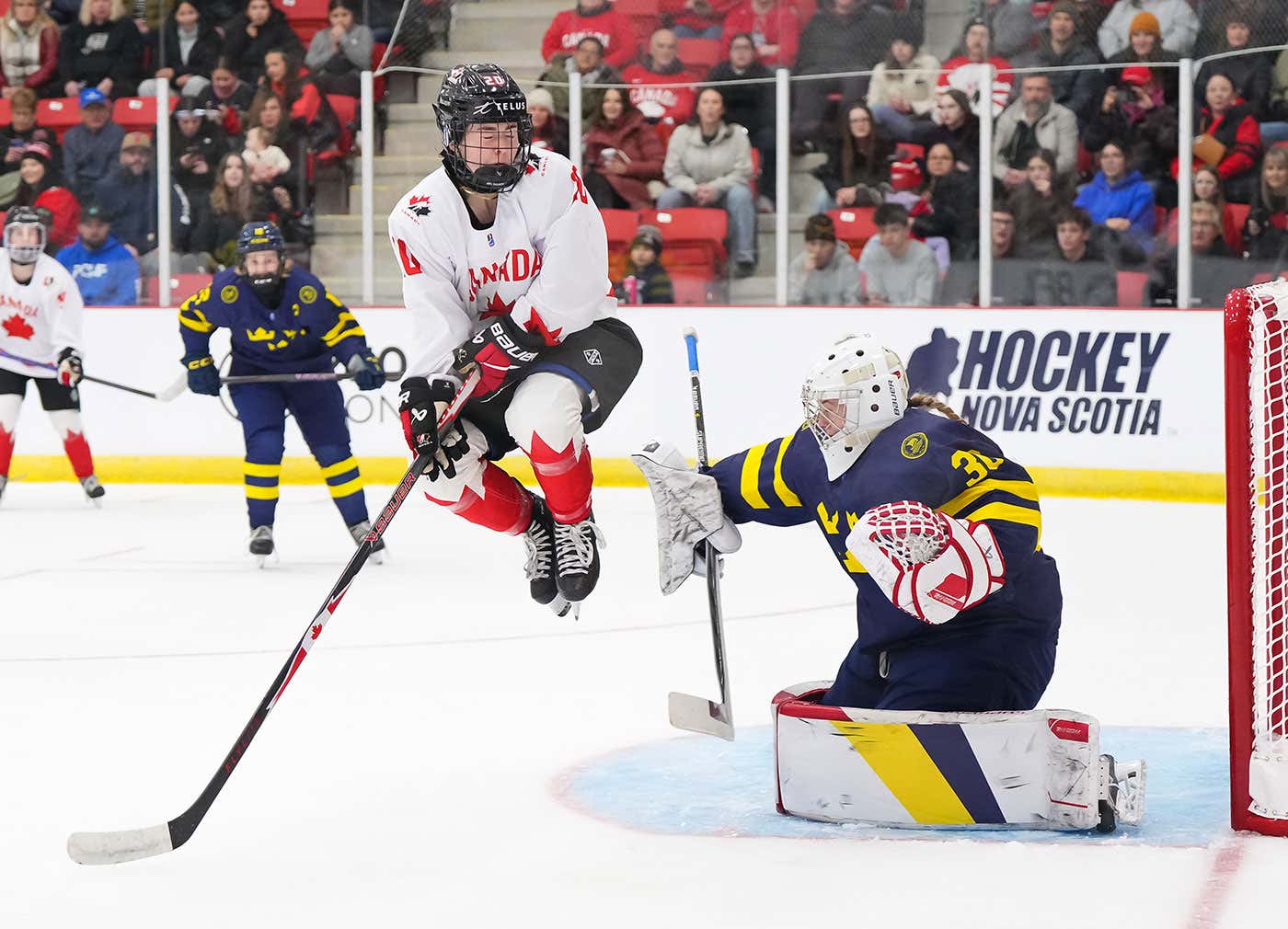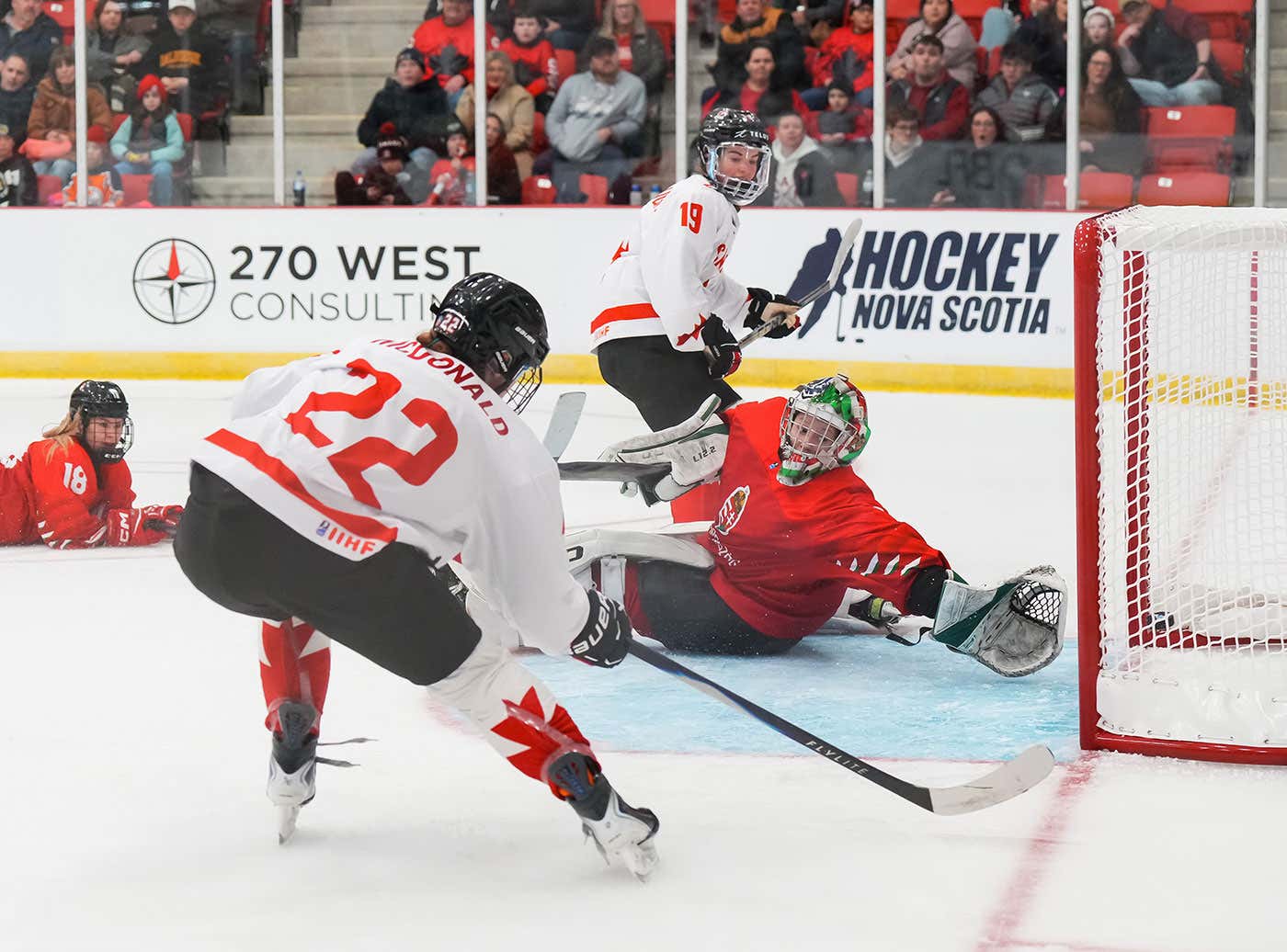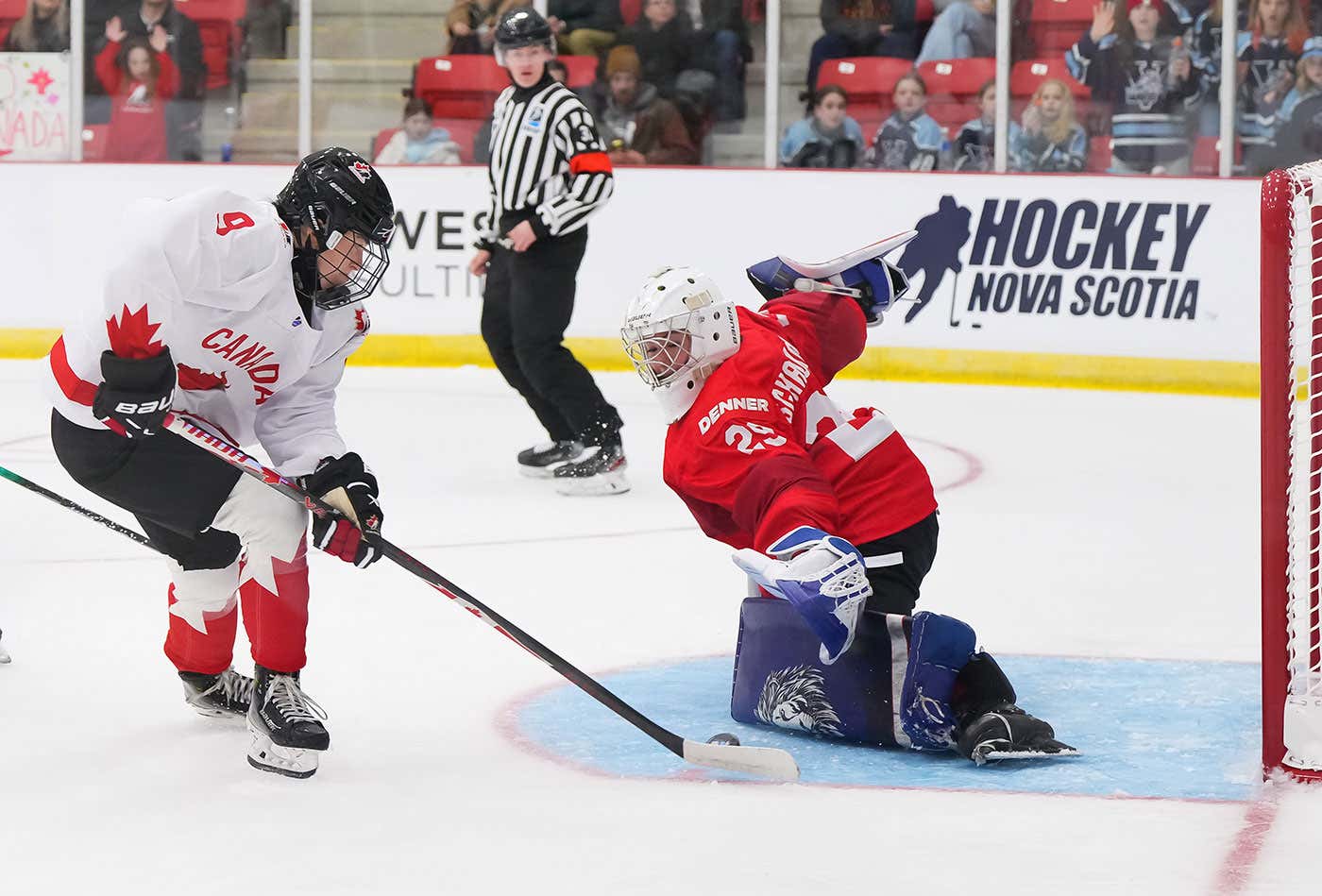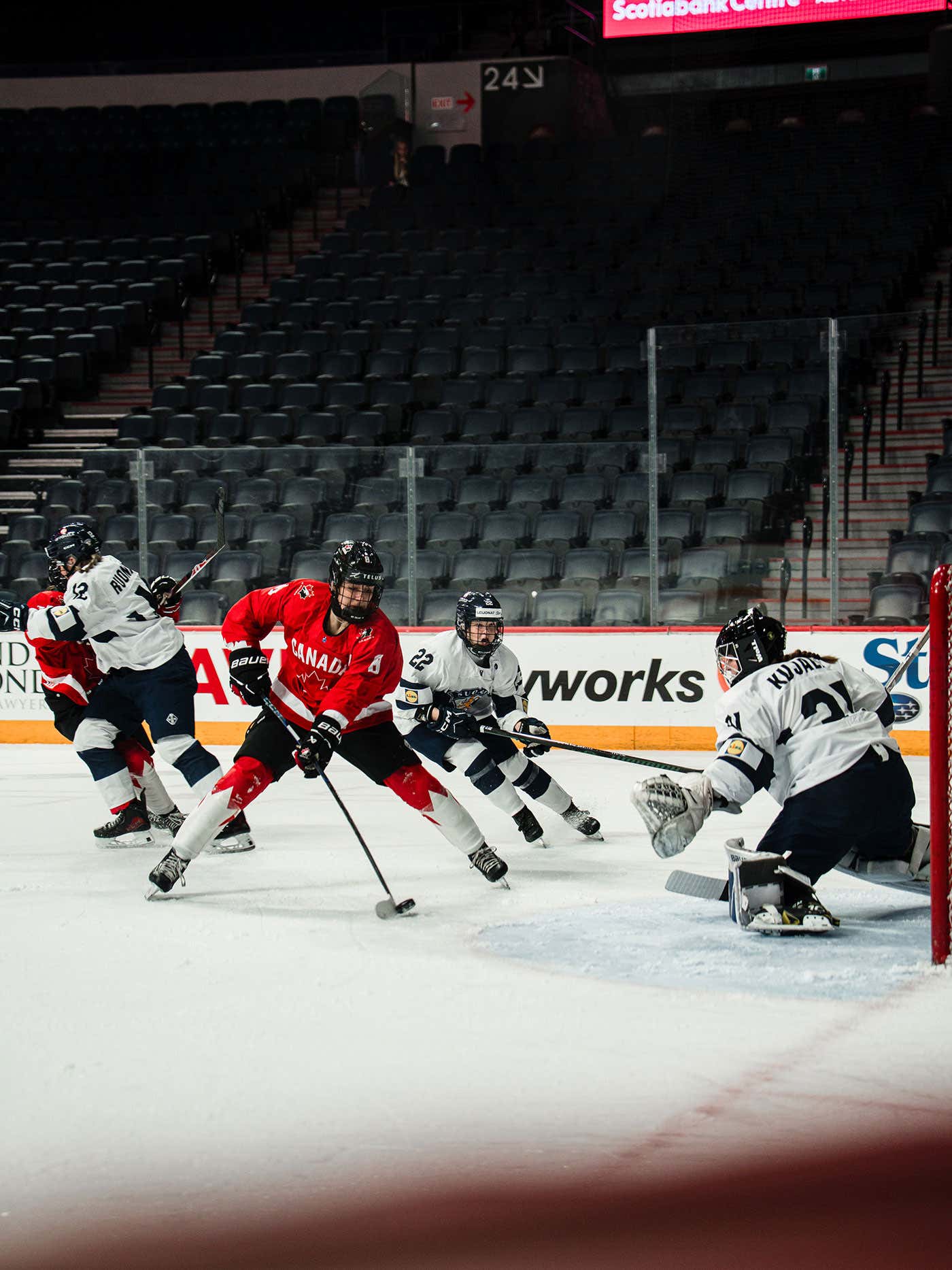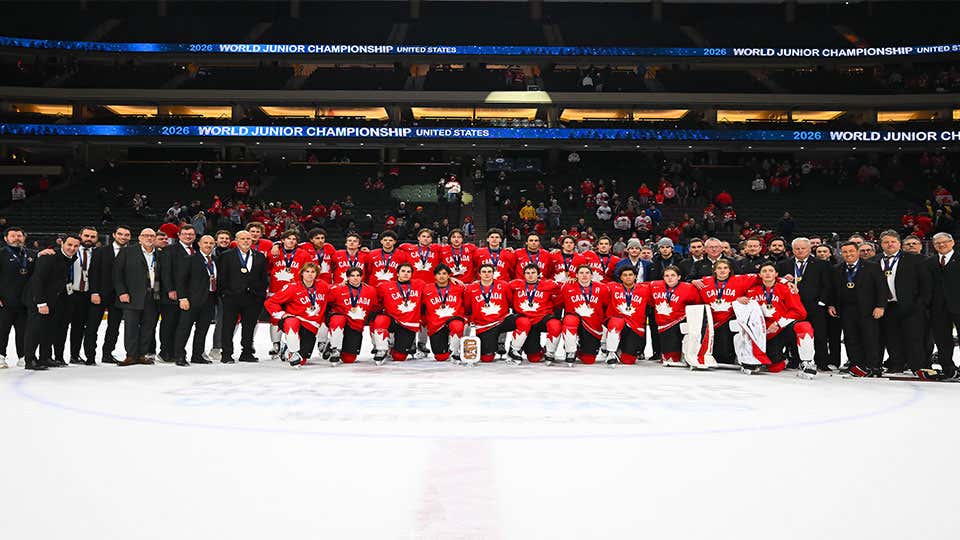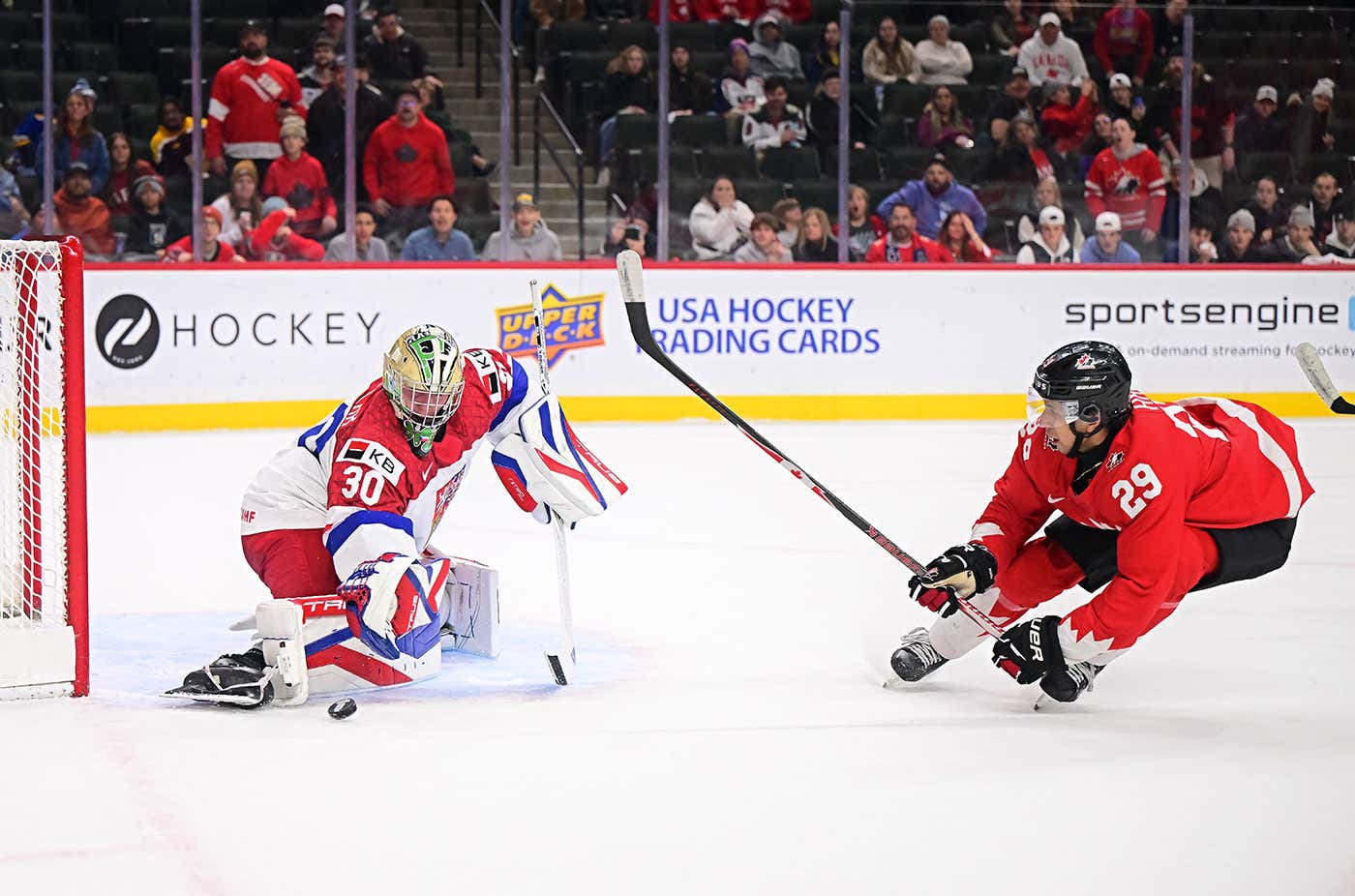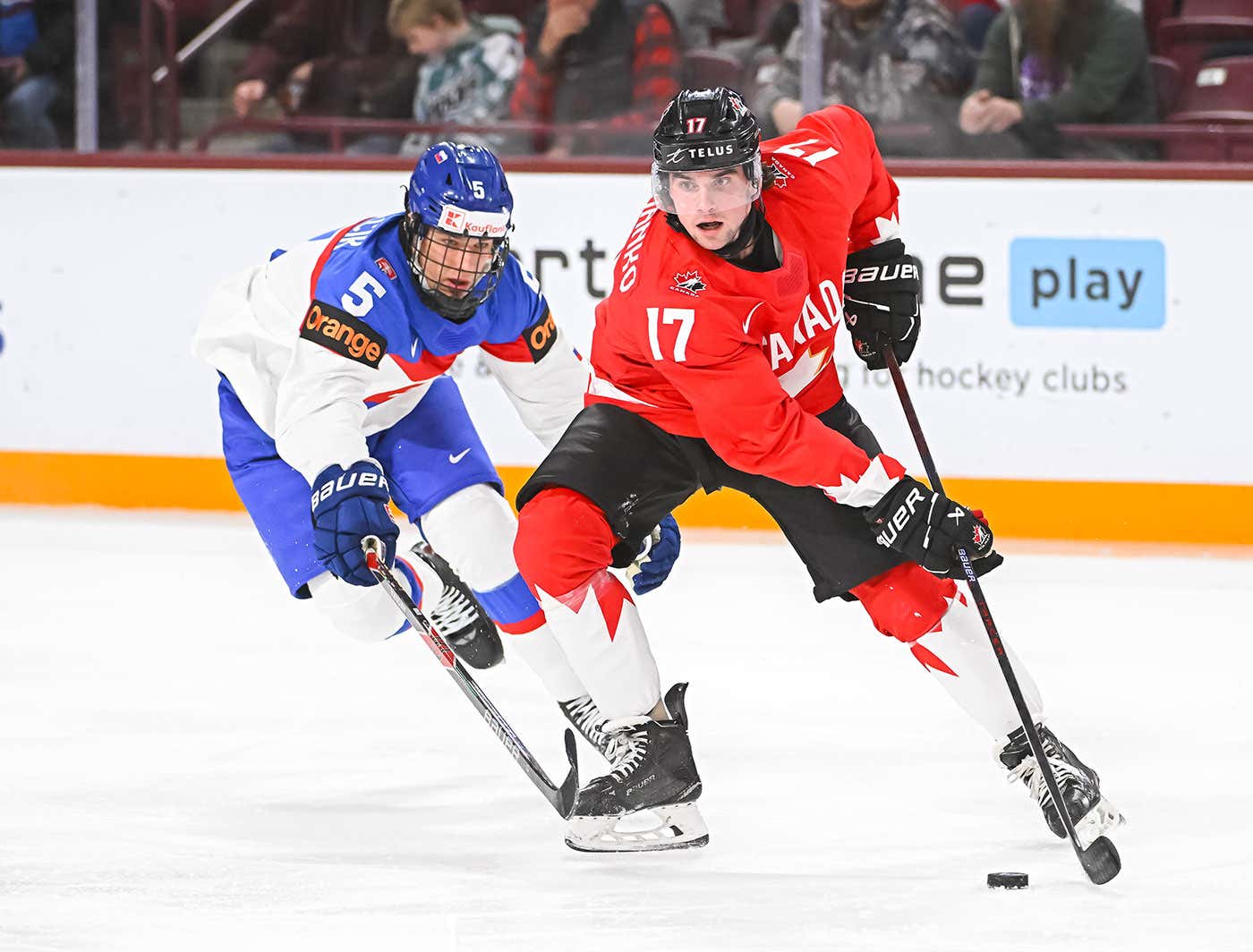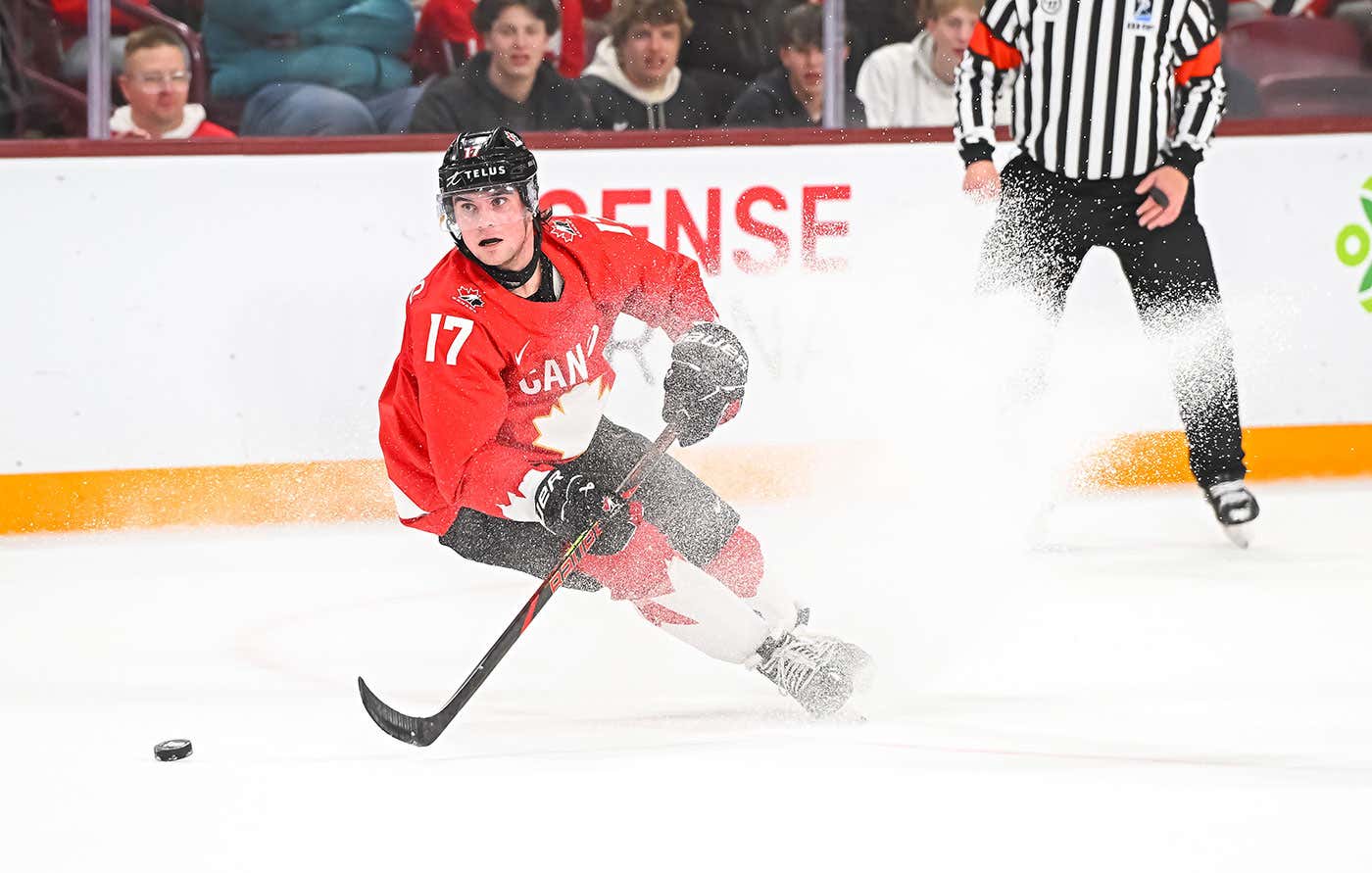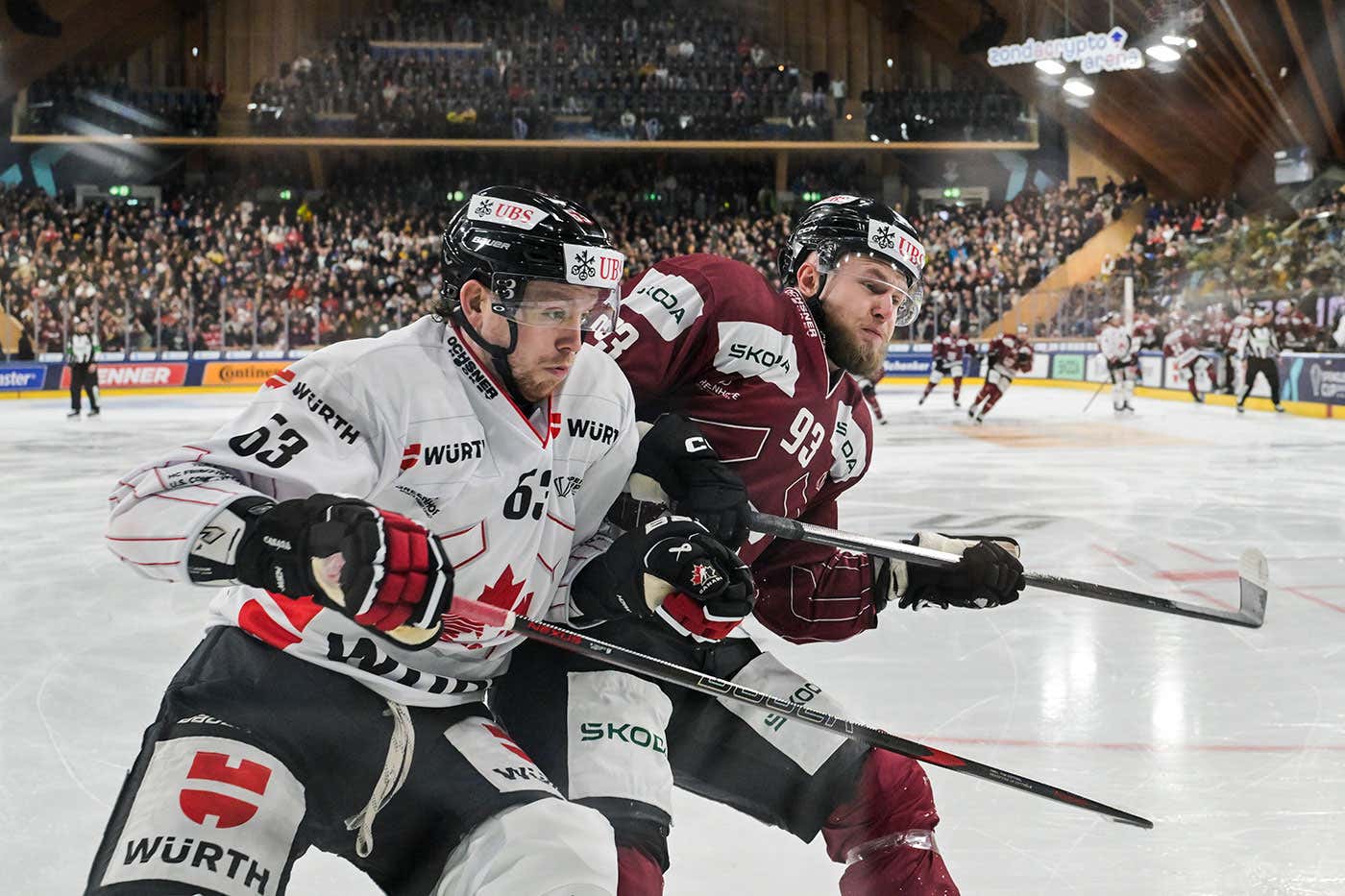
Schedule
Team Canada (Men)
2026 Olympic Winter Games | Feb. 11-22, 2026
IIHF U18 Men’s World Championship | Apr. 22 - May 2, 2026
IIHF World Championship | May 15-31, 2026
U17 World Challenge | Nov 2-8, 2025
Junior A World Challenge | Dec. 7-13, 2025
Spengler Cup | Dec. 26-31, 2025
IIHF World Junior Championship | Dec. 26, 2025 - Jan. 5, 2026
Search
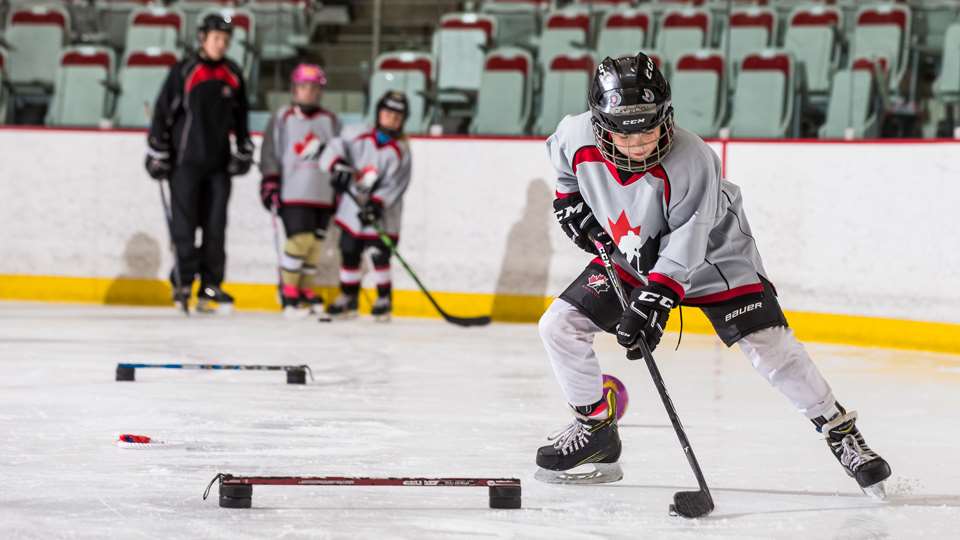
Skills to start a new semester
It’s the start of the school year for Hockey Canada Skills Academies, and finding different skills to evaluate players is key for planning lessons through the semester

The new school year has arrived, and students in the Hockey Canada Skill Academy (HCSA) program are excited to be back in the classroom and on the ice. After a summer away, the beginning of the semester is the perfect time to understand the skill level of students so lead instructors can customize their lesson plans to match the need of participants.
“At the start of the year, it’s all about evaluating a variety of skills to get a sense of where your players are at, from skills they are good at [to] skills they are challenged with,” says Corey McNabb, director of NextGen development at Hockey Canada. “That helps to build out your plan moving forward from there as far as what you want to teach and how you want to teach it.”
What types of skills should be included in the evaluation? Basic skating techniques and puck control techniques are good to include because those skills are used in a variety of drills and during games. Going over these techniques in small-area settings is also beneficial.
Instructors can evaluate some skills based on the player’s position. For example, defenders can begin with skating skills, then add in the ability to transition and pivot before finally adding in using a puck and passing it between teammates.
“I think where we focused was not necessarily skills, but game transferable skills [were] top of mind [when developing evaluation plans for athletes],” says Dean Seymour, manager of NextGen/player development for Hockey Canada.
There are also some off-ice evaluations that instructors can do at the beginning of the semester. For example, the instructors could lead students through a 40-metre sprint, a 5-10-5 agility test, a standing long jump or a medicine ball throw. Each of these evaluations can be used as benchmarks as classes progress throughout the school year.
HCSA participants come from a variety of hockey backgrounds, with some students who have played for years and others who are new to the sport. The benefit of working on basic skills is that the drills are applicable to every participant.
“The older you get [or] the higher the level, you’ll just be able to execute them better,” McNabb says. “But there’s not [many evaluation skills] that I would say you can’t do with minor hockey age players.”
When it comes to lesson planning, McNabb recommends focusing on the key teaching and evaluation points, so instructors are looking at specific items within a drill rather than students completing the drill without a clear purpose. Planning out the semester in advance can also help keep instructors on track for achieving their success goals.
“Create a schedule and stick to that schedule, and try not to skip too far in advance,” Seymour says.
If students at an HCSA are involved in hockey outside of the program, it’s good practice for instructors to have open communication with local hockey association coaches.
“Talk to the coach and say, ‘Hey, what do you suggest? What do you think these [players] need to work on?’ They can try and collaborate that way,” McNabb explains.
For HCSAs with students that are new to the sport, repetition of drills over the semester can be a great way to work on basic hockey skills.
“Almost all drills involve turning left, turning right. They’re skating, there’s passing, they’re shooting. They are all designed to keep kids active,” McNabb says. “I think kids will get better just by doing [drills].”
Looking for inspiration for skills and drills to include in an HCSA practice plan? The Hockey Canada Network app has over 1,500 drills and more than 100 lesson plans to give coaches and players the tools to succeed. Drill Hub is another resource available to instructors, with access hundreds of drills and videos for free.
For more information: |
- <
- >

















